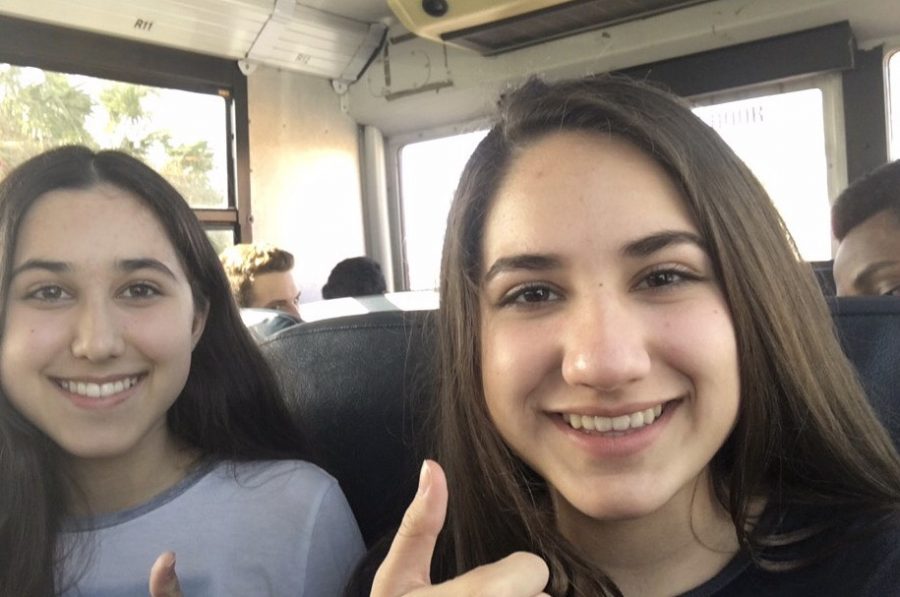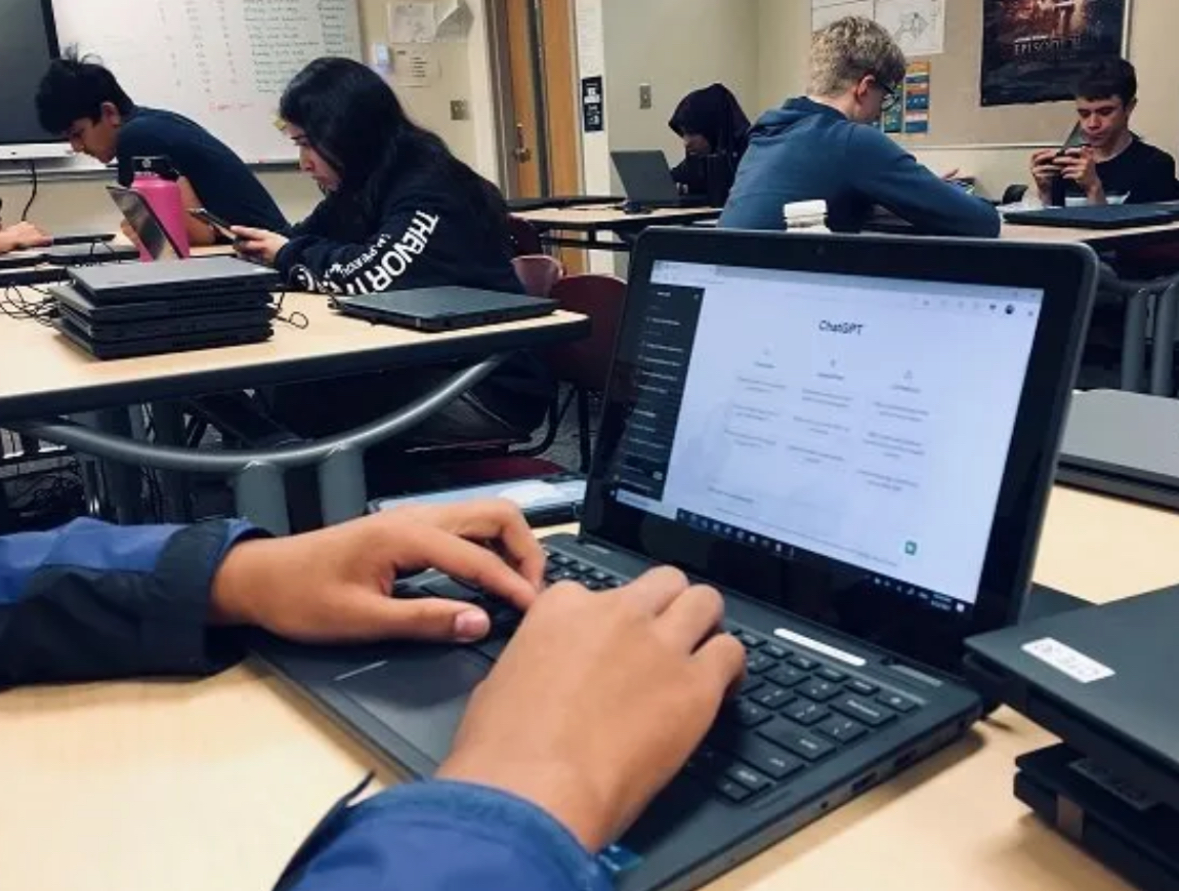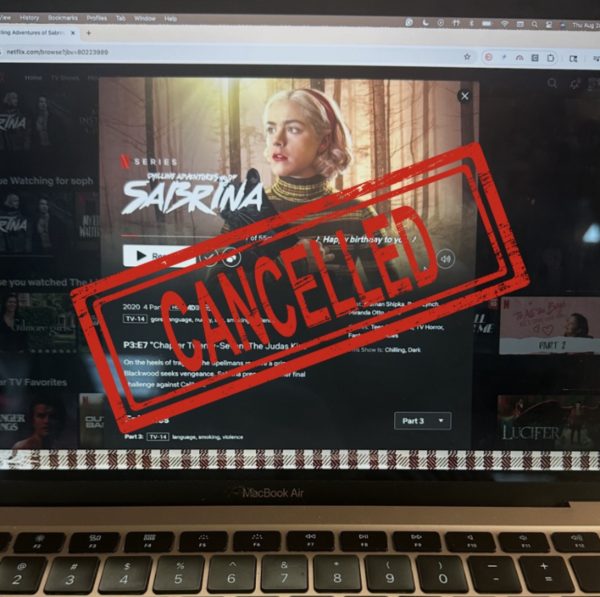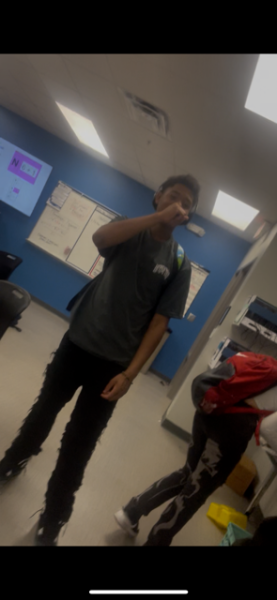The Extinction of Field Trips
February 7, 2018
Recently, schools have been taking less and less field trips because everything you need to “see”can be found online. Schools do not only have the responsibility of developing educated, successful youth, but also the moral responsibility of creating a well-rounded community, which can only be achieved through the exposure of students to the opportunities given only by field trips and actually being there at the site your classes have talked so endlessly about.
Junior Jenna Gould said, “Field trips help us learn by engaging first hand with the content in the real world, which is a much different experience than being something on a screen, whether its your phone or a teachers powerpoint. It gets students excited for learning in a way that they haven’t felt since elementary school. I know that AP Art History goes to 3 to 4 countries in Europe every Spring Break, and really think that’s a great way to really get kids involved and show them there’s really a world out there beyond the power point screen”.
Museums across the country report a steep drop in school tours. For example, the Field Museum in Chicago at one time welcomed more than 300,000 students every year. Recently the number is below 200,000. Teachers may be showing their classes virtual museum tours due to lack of funds, or showing pictures because they can’t afford to “waste” class time. Students are, in result, sitting at there desks falling asleep because they aren’t making the connections needed to actually appreciate the value of what is being taught.
Despite the common idea that “kids never remember what they do on field trips” or “field trips are just days to avoid learning”, it has been proven that more students remember what they learned on a field trip and can tie it into what they are learning in class than most expect; 82 percent of those who saw Norman Rockwell’s Rosie the Riveter could recall that the painting emphasizes the importance of women entering the workforce during World War II, and 88 percent of the students who saw the Eastman Johnson painting At the Camp—Spinning Yarns and Whittling knew when surveyed weeks later that the painting depicts abolitionists making maple syrup to undermine the slave labor-based sugar industry. Field trips provide critical analysis’ of the content only previously seen as words on a page in a book. Junior Suzi Guidroz said “Field trips provide students with knowledge that they actually remember, not just take in for a test and then forget once the test is over. It gives them knowledge of the world round them, and makes for well-rounded people.”
LMHS takes many trips throughout the year, despite the overall common loss of interest by other schools around the country. The Marine Science class goes to Sea World, all levels of Physics take their iconic trip to Busch Gardens, Debate travels to the big cities of New York and Chicago for annual tournaments, and Humanities is going to a museum. AP Art History also takes its legendary Spring Break trip to Europe, where Mrs. Derschmer travels with students of all different grades to the new continent and actually shows them and their friends the art they talk about in class. By embarking on a field trip, the attending students not only grow intellectually but as people as well. They become more cultured, and have more tolerance and empathy for the things around them they may perceive at first as “different”.
For decades, students have piled into yellow buses to visit a variety of cultural institutions, including art, natural history, and science museums, as well as theaters, zoos, and historical sites. I think we can all agree that it’s a scary thought that our kids won’t create these memories with their friends, and won’t have trips such as the famous “Mud-Walk” to look back on. Field trips are an important part of anyone’s childhood, and should be deemed as one of the most important parts of the education system; maybe schools shouldn’t be judged on how well they perform on standardized tests, but instead on how many field trips they take their kids on.







